Does looming FTX collapse spell the end of crypto?
Fall of the embattled cryptocurrency-exchange platform has sent shockwaves through the industry

A free daily email with the biggest news stories of the day – and the best features from TheWeek.com
You are now subscribed
Your newsletter sign-up was successful
Crypto trading platform FTX is on the verge of collapse less than a year after being valued at $32bn.
In a fresh blow to the industry, other platforms have also suffered heavy losses after cyrptocurrency giant Binance pulled out of plans to buy FTX. Binance CEO Changpeng Zhao said that FTX’s issues were “beyond our control or ability to help”.
The embattled platform’s founder, Sam Bankman-Fried, was once “one of the crypto industry’s most well-regarded figures”, said Wired’s Joel Khalili. But the tycoon’s wealth reportedly dropped by 94% overnight this week.
The Week
Escape your echo chamber. Get the facts behind the news, plus analysis from multiple perspectives.

Sign up for The Week's Free Newsletters
From our morning news briefing to a weekly Good News Newsletter, get the best of The Week delivered directly to your inbox.
From our morning news briefing to a weekly Good News Newsletter, get the best of The Week delivered directly to your inbox.
What did the papers say?
CNBC reported that Bankman-Fried’s “crypto empire” was “on the brink” after Binance backed out of the takeover.
According to Bloomberg, Bankman-Fried saw his personal fortune drop from more than $15bn to $991.5m overnight on Wednesday. And “the value of an FTX Token, a mechanism for sharing the firm’s profits, has fallen by 84%” since last Friday, The Economist reported.
Sources claimed that Bankman-Fried had started this week “scrambling to raise money from venture capitalists and other investors before he went to Binance”, said CNBC. Now, “it’s unclear who is next in line to buy the beleaguered crypto exchange”.
The New York Times’s crypto reporter David Yaffe-Bellany described the crisis as “a stunning fall for a celebrated executive”. According to Yaffe-Bellany, it was triggered “in large part” by “Twitter posts from a rival that questioned the stability of FTX’s business” and resulted in a sudden “three-day bank run” on the platform.
A free daily email with the biggest news stories of the day – and the best features from TheWeek.com
Reuters said “the seeds of FTX's downfall were sown months earlier”, however. Bankman-Fried staked millions of dollars “to save other crypto firms as the crypto market collapsed amid rising interest rates”, but these deals “led to a series of losses” that FTX couldn’t absorb, the news agency reported.
In another killer blow, Binance then not only ditched the bailout plan but also sold its holding in FTX’s native coin, FTT. The move fuelled the sell-off this week, which FTX “could do nothing to stop”, said CNBC.
Binance CEO Zhao has insisted that he “did not masterplan” the FTX crisis. In an email to employees that he made public, Zhao said that FTX going down “is not good for anyone in the industry” and that employees should not “view it as a win for us”.
What next?
Bankman-Fried had been been a “beacon of hope to investors large and small” as rival platforms “faltered” this year, said the BBC’s cyber reporter Joe Tidy. The tycoon “seemed to be thriving”, yet FTX now appears set to join the long list of crypto businesses failing due to “a lack of cash reserves”.
Bankman-Fried was long viewed as “the man who could save the industry from itself”, agreed The Economist, which warned that the “fallout” of FTX going under would be “terrible”.
“The rout in prices had previously claimed only the types of victims that would be expected, including a poorly designed stablecoin, a hedge fund and several platforms that made risky loans,” said the magazine. But as the FTX crisis has unfolded this week, the price of Bitcoin tumbled by 21%, while Coinbase was close to an all-time low.
Yaffe-Bellany said in The New York Times that the near collapse of “almost a mainstream brand”, FTX, had “sent shudders through the entire crypto industry”. Emerging crypto bosses will struggle to “convince Wall Street, regulators and mainstream consumers that they are trustworthy”, he predicted.
As recently as Monday, Bankman-Fried had “told his Twitter community that everything was fine and customer assets were safe” , said Christian Hetzner in Fortune. In a now-deleted tweet, he wrote that “FTX has enough to cover all client holdings” and “that we don’t invest client assets”.
The “whole episode”, said Hetzner, “has highlighted how little credibility” such claims can have in “the volatile free-for-all crypto industry”.
How much money FTX investors will recoup is unclear. In a letter to FTX staff today, Bankman-Fried said: “I’m deeply sorry that we got into this place, and for my role in it. That’s on me, and me alone.”
-
 ‘Restaurateurs have become millionaires’
‘Restaurateurs have become millionaires’Instant Opinion Opinion, comment and editorials of the day
-
 Earth is rapidly approaching a ‘hothouse’ trajectory of warming
Earth is rapidly approaching a ‘hothouse’ trajectory of warmingThe explainer It may become impossible to fix
-
 Health insurance: Premiums soar as ACA subsidies end
Health insurance: Premiums soar as ACA subsidies endFeature 1.4 million people have dropped coverage
-
 Are Big Tech firms the new tobacco companies?
Are Big Tech firms the new tobacco companies?Today’s Big Question A trial will determine whether Meta and YouTube designed addictive products
-
 Is Apple’s Tim Cook about to retire?
Is Apple’s Tim Cook about to retire?Today's Big Question A departure could come early next year
-
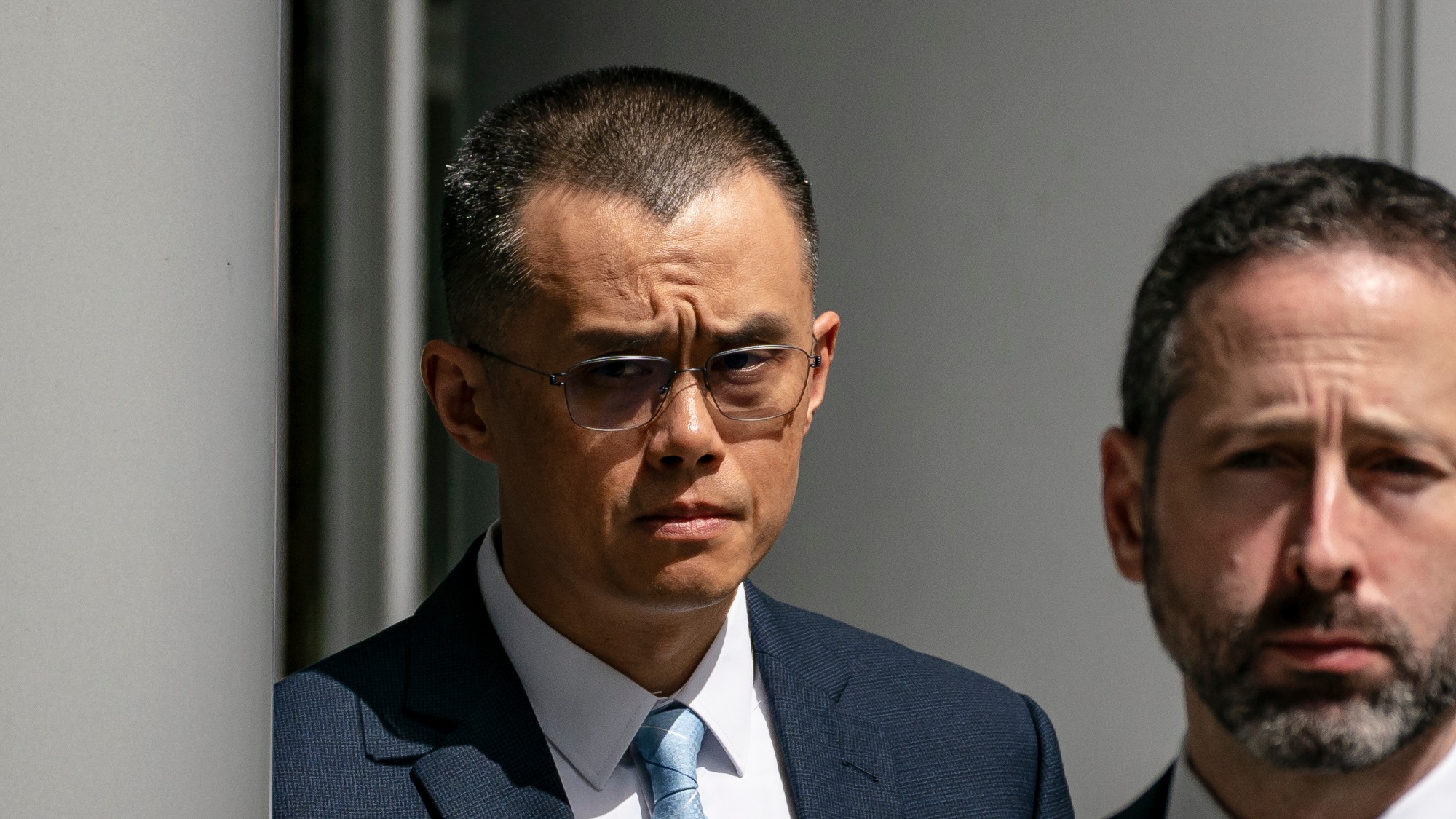 Why Trump pardoned crypto criminal Changpeng Zhao
Why Trump pardoned crypto criminal Changpeng ZhaoIn the Spotlight Binance founder’s tactical pardon shows recklessness is rewarded by the Trump White House
-
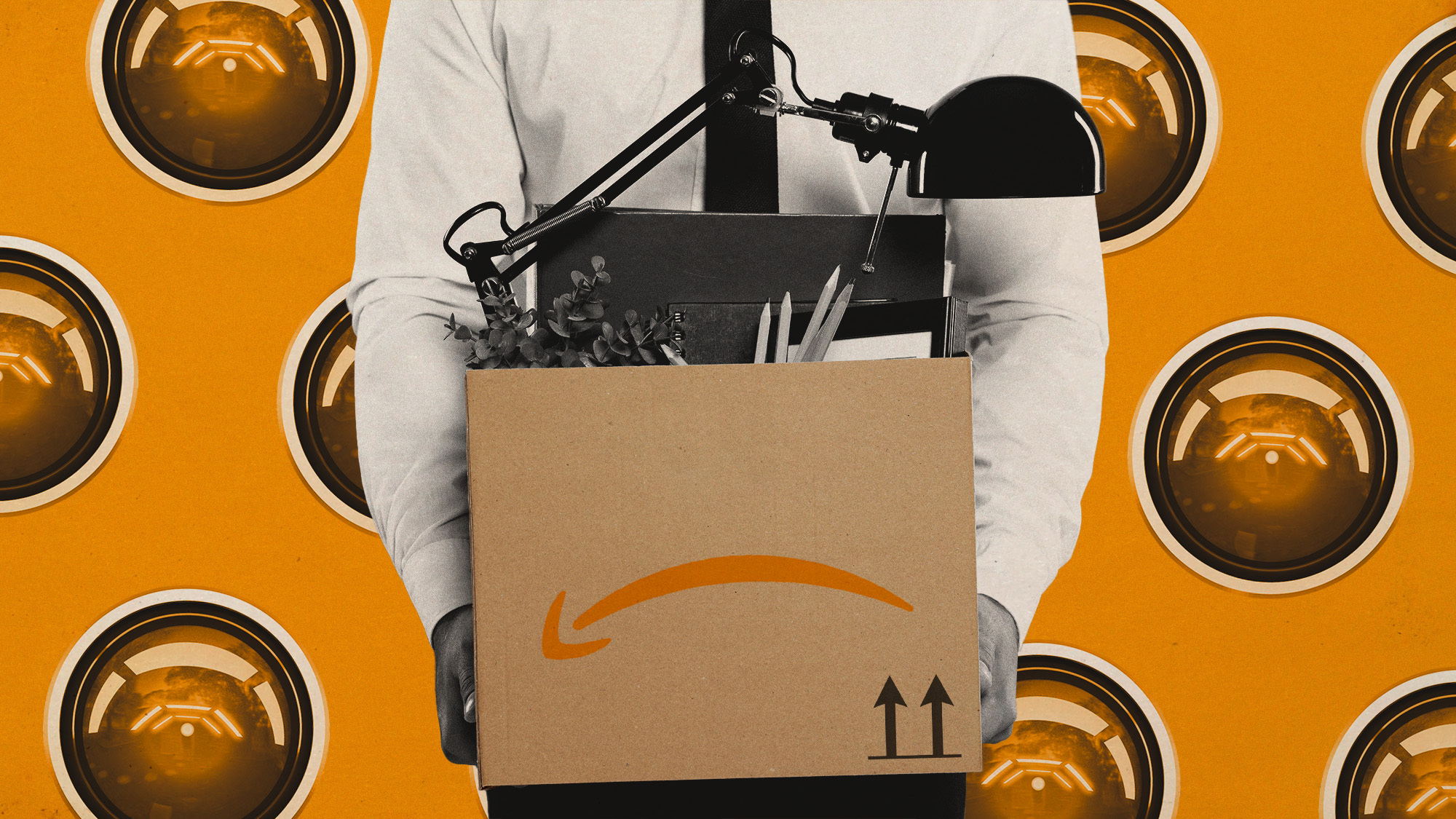 Is AI to blame for recent job cuts?
Is AI to blame for recent job cuts?Today’s Big Question Numerous companies have called out AI for being the reason for the culling
-
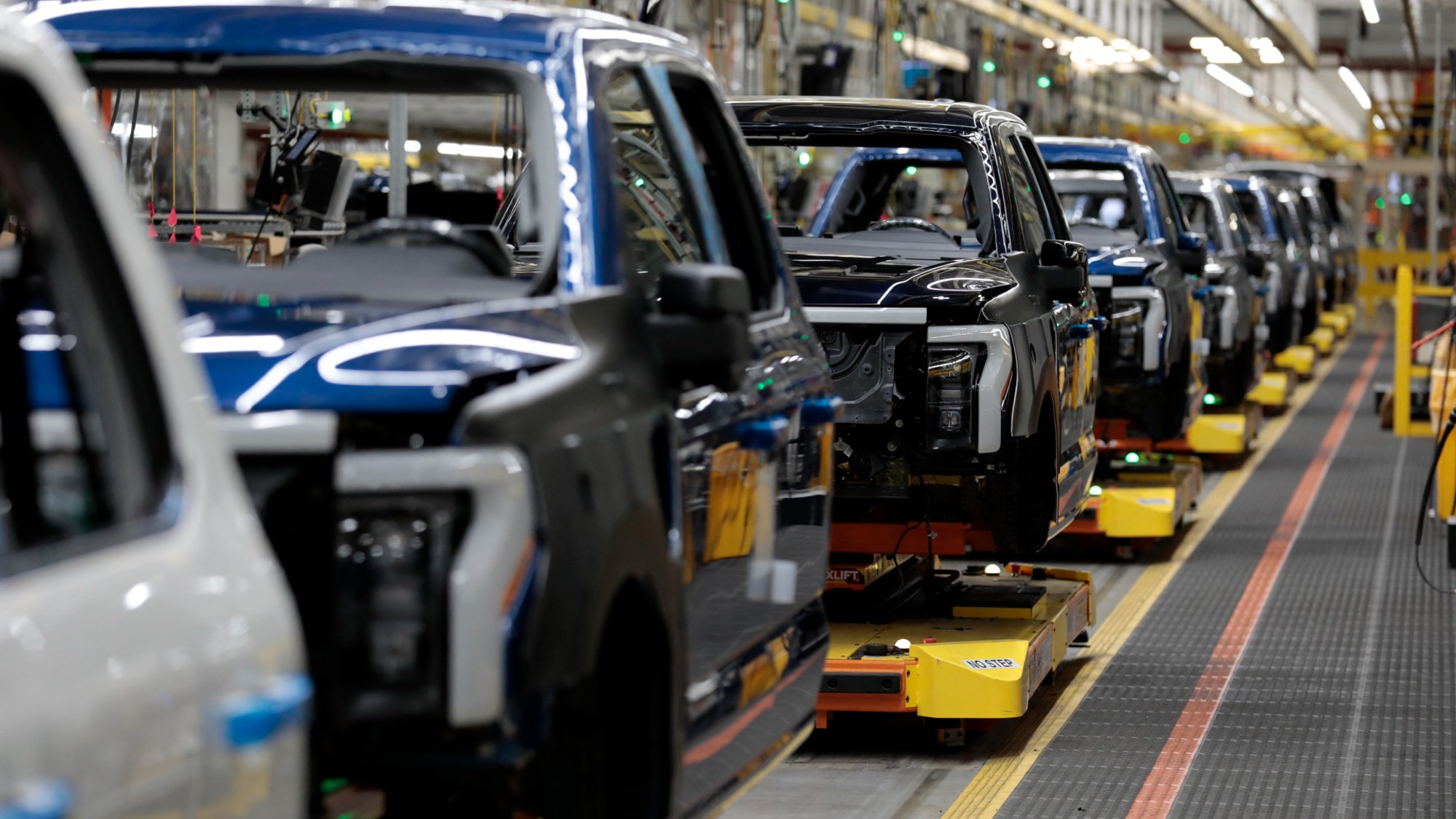 How will Ford reinvent EV manufacturing to compete with China?
How will Ford reinvent EV manufacturing to compete with China?Today's Big Question Henry Ford's assembly line system is being replaced
-
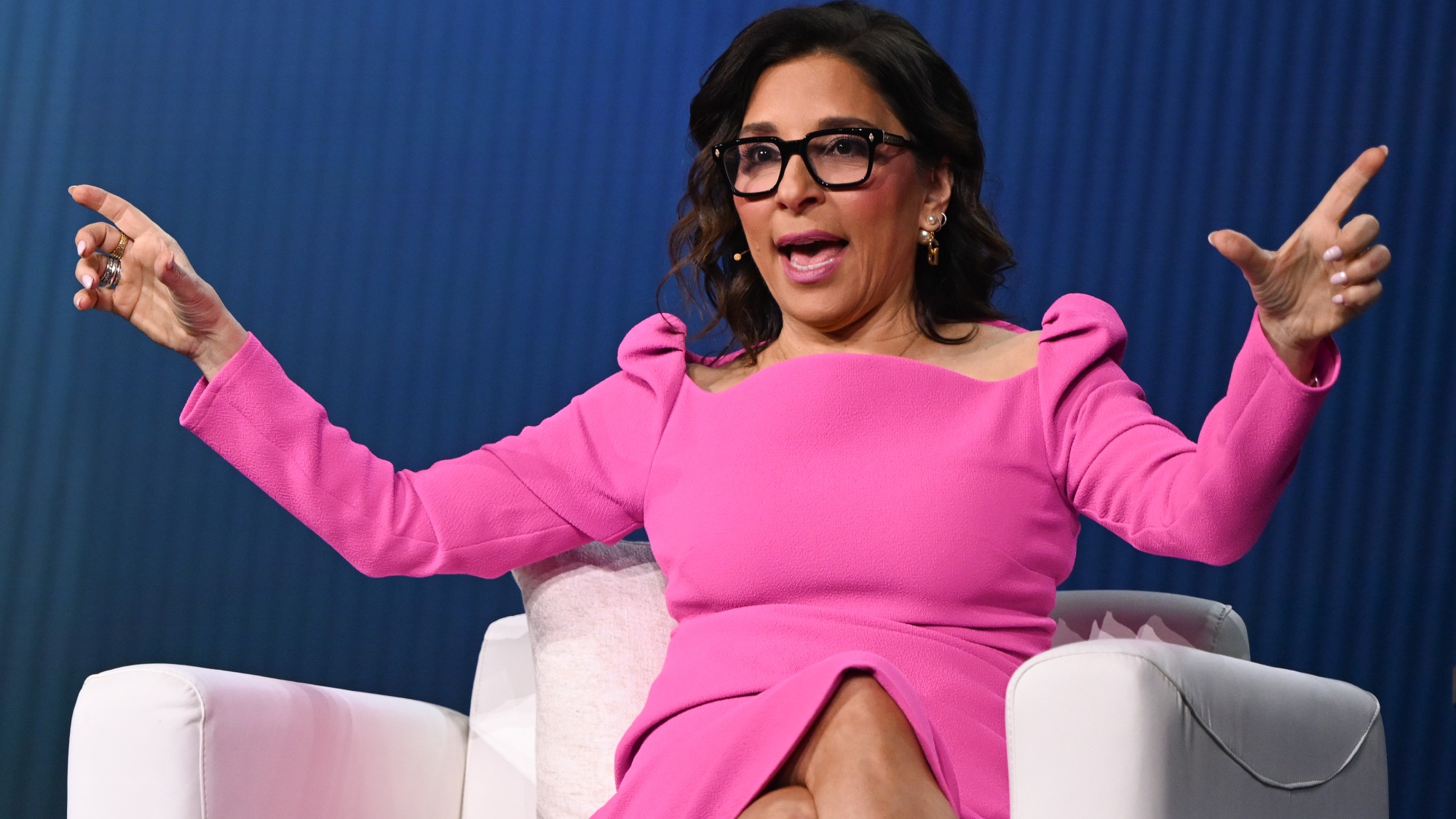 What's Linda Yaccarino's legacy? And what's next for X?
What's Linda Yaccarino's legacy? And what's next for X?Today's Big Question An 'uncertain future' in the age of TikTok
-
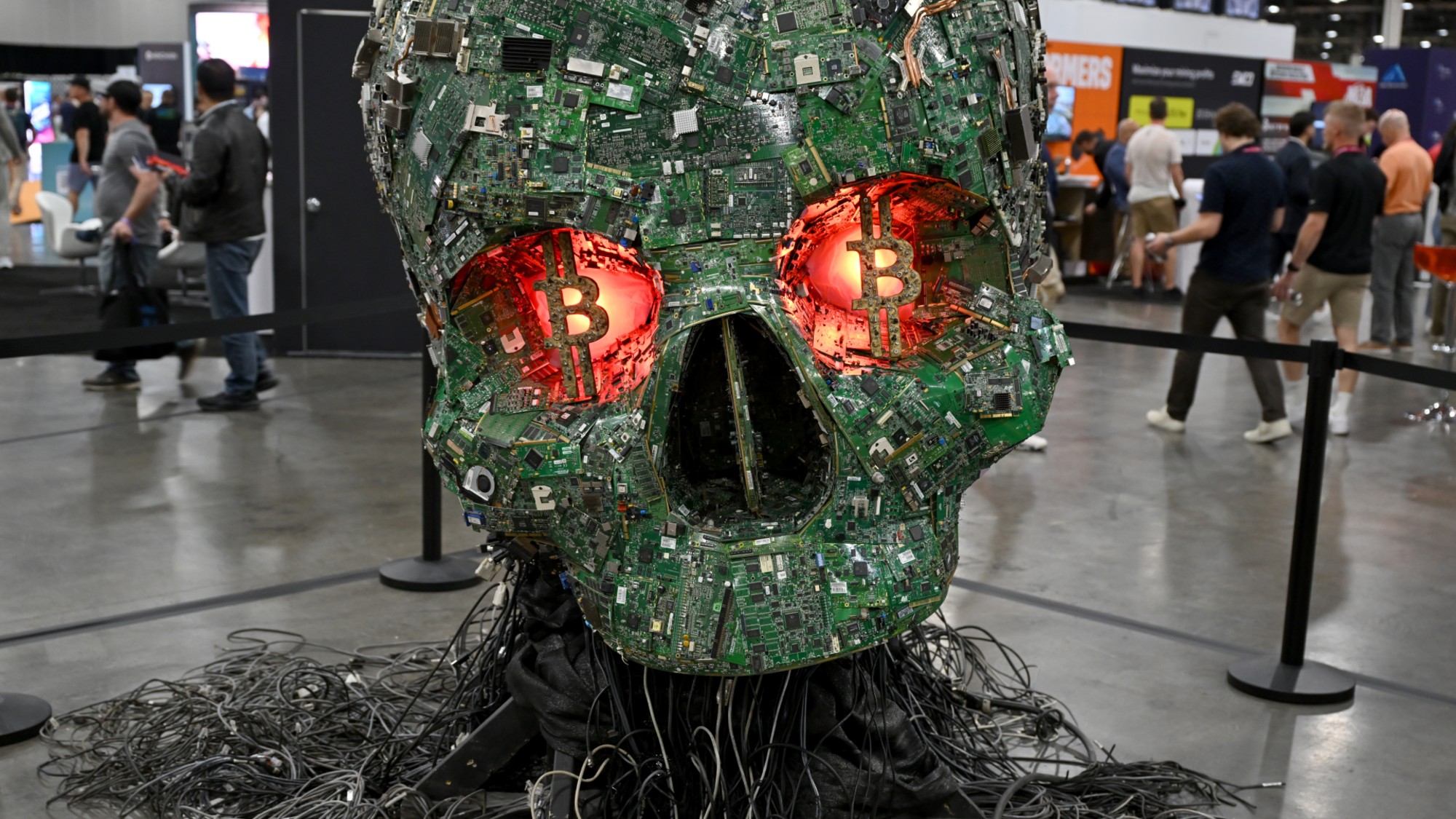 Bitcoin braces for a quantum computing onslaught
Bitcoin braces for a quantum computing onslaughtIN THE SPOTLIGHT The cryptocurrency community is starting to worry over a new generation of super-powered computers that could turn the digital monetary world on its head.
-
 The noise of Bitcoin mining is driving Americans crazy
The noise of Bitcoin mining is driving Americans crazyUnder the Radar Constant hum of fans that cool data-centre computers is turning residents against Trump's pro-cryptocurrency agenda